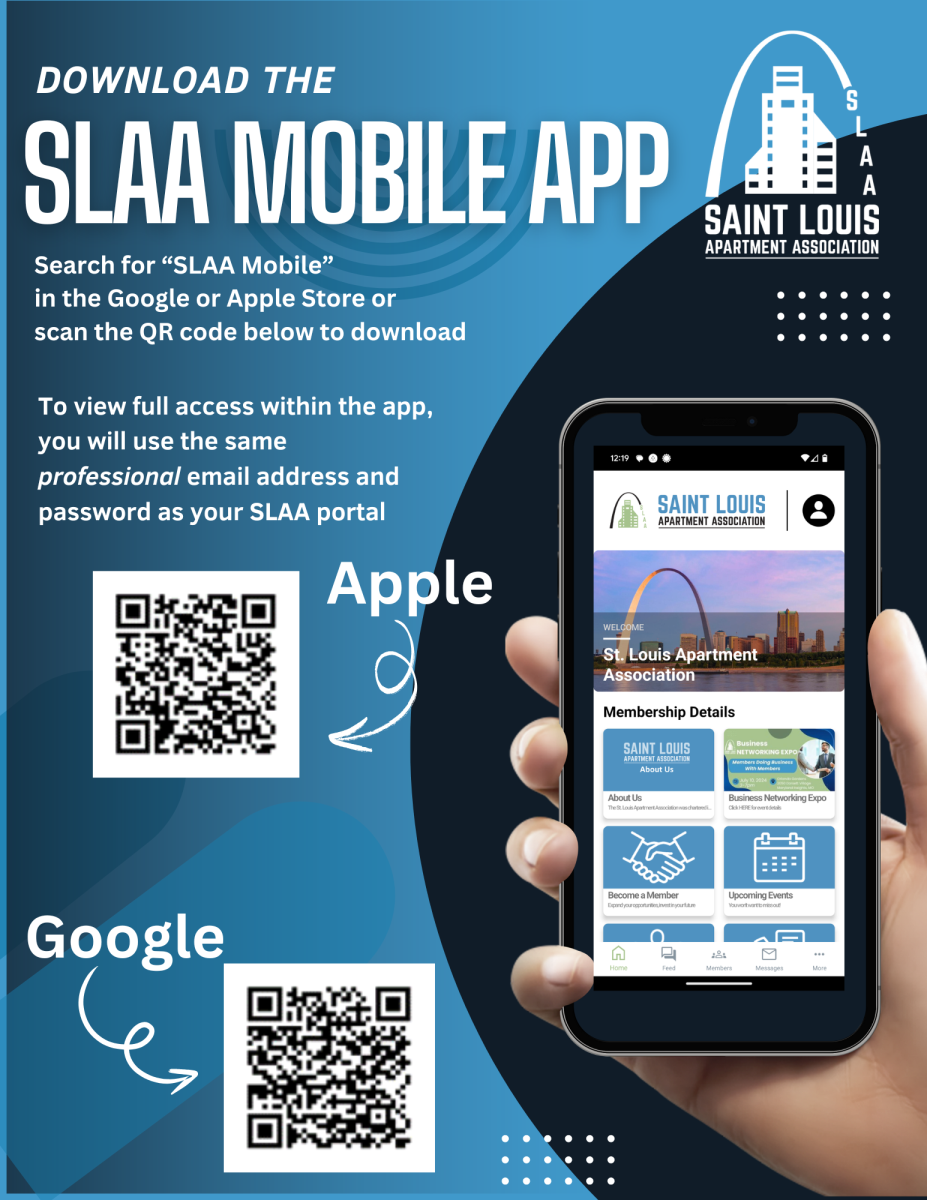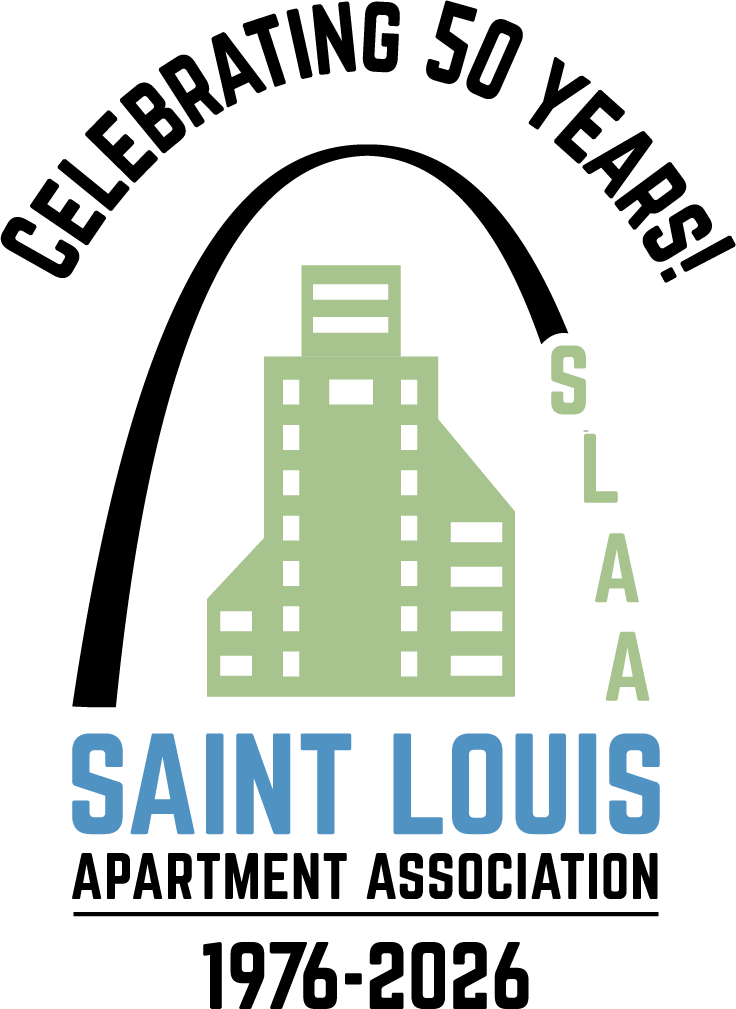Coronavirus Disease 2019 (COVID-19) Situation Summary (March 15, 2020)
This is an emerging, rapidly evolving situation and CDC will provide updated information as it becomes available, in addition to updated guidance.
Background
- Source and Spread of the Virus
- Situation in U.S.
- Illness Severity
- Risk Assessment
- What May Happen
- CDC Response
- Highlights of CDC’s Response
- CDC Recommends
- Other Available Resources
Guidance for Dealing with the Coronavirus
Situational Analysis
The Centers for Disease Control and Prevention (CDC) is closely monitoring the outbreak of a novel (meaning new) coronavirus (2019-nCoV), which was first detected in Wuhan City, China, and has since spread to 83 additional countries. With 233 cases of coronavirus confirmed in the United States (through March 6, 2020), the National Apartment Association (NAA) believes it prudent for its members and affiliates to be prepared for incidents involving 2019-nCoV should they occur.
NAA understands that affiliates, members and residents may have concerns about how apartment communities should address the virus and, in an effort to offer preliminary guidance and information to assist with preparations, we have compiled the following material from official sources.
It is important to recognize that NAA, its affiliates and individual members are not health care professionals. The CDC and other qualified health officials should continue to be the primary source of current information and guidance. NAA is offering general, precautionary guidance from officials, and also adding some common-sense guidelines for our industry in the interest of promoting a proper amount of caution at this time.
Because this is a rapidly evolving situation, NAA will monitor developments and will continue efforts to secure guidance specific to the operation of rental housing from health officials. Additionally, NAA will update our website with new information as it becomes available.
Current Point of View
- Refer most media and key stakeholder inquiries to Centers for Disease Control (CDC) resourcesat this time.
- NAA, its affiliates and individual members are not health care providers. Providing specific guidance (health tips) beyond general precautionary measures, is not advised. The CDC and other qualified officials should provide this information.
- Continue to monitor the situation, stay tuned to your local authorities and their ongoing communications and keep track of how it affects "higher risk" sectors such as travel/tourism, convention centers, sporting events and the like to see whether efforts here lead to more definitive guidance from health officials.
- If a resident is confirmed to have or is believed to have 2019-nCoV, do not direct facilities management or maintenance staff to the apartment. Immediately notify the local health department and contact CDC for guidance regarding appropriate measures to take.
Media Guidance
NAA recommends that incoming media requests be directed to CDC and/or local health officials, who are better qualified to answer their questions at this time. You don’t want to be at risk with liability concerns.
- Ensure your office has proper contact information of the local health authority and/or the best CDC resources on hand for handling queries from local stakeholders.
- NAA recommends a holding statement be developed. An example: "We appreciate your call. It is wise for everyone to remain current and follow the most recent guidance provided by health officials. That is why we request that you direct your question to [Local Health Official] or the CDC, who are on top of this situation."
Other Key Messages to Consider
NAA recommends that guidance from CDC and other officials be treated seriously. At present, CDC prevention information includes:
- Wash hands often with soap and water for a minimum of 20 seconds. If soap and water are unavailable, use an alcohol-based hand sanitizer.
- Avoid touching your eyes, nose and mouth with unwashed hands.
- Avoid close contact with people who are sick.
- Stay home when you are sick.
- Cover your cough or sneeze with a tissue, then throw the tissue away.
- Frequently clean and disinfect touched objects and surfaces.
NAA encourages all members and affiliates to monitor the situation and stay current with advice from CDC and public health officials.
Potential Questions from Residents/Media
If someone in an apartment community is diagnosed with 2019-nCoV, will other residents become infected? What are the real risks?
According to the CDC, “there is much more to learn about the transmissibility, severity and other features associated with 2019-nCoV and investigations are ongoing.” We encourage you to visit the CDC website for up-to-date information and safety precaution tips and we will provide new information as it becomes available.
[In the event of a confirmed case of 2019-nCoV] Did the building owner and property management team collaborate with CDC to disinfect an apartment and any other parts of the building? What was done to isolate the virus to the patient’s apartment? How was the patient’s apartment cleaned and sanitized? How did the building owner and manager address sanitizing the public spaces of the building that the patient may have come in contact with? Is my apartment safe? I live on the same floor as he did – am I in danger of contracting 2019-nCoV?
We understand your concerns. Your questions are best handled by the local health officials and the CDC. We are cooperating fully with CDC/local public health guidance and are taking all necessary precautions to ensure the safety of all residents. We encourage you to visit the CDC website for updated information and safety precaution tips.
Downloadable Resources From CDC and EPA
- What you need to know about Coronavirus Disease 2019 (COVID-19)
- Stop the Spread of Germs
- Symptoms of Coronavirus Disease 2019
- What to do if you are sick with coronavirus disease 2019 (COVID-19)
- EPA's Registered Antimicrobial Products for Use Against Novel Coronavirus
As of 3/15/2020
https://www.cdc.gov/coronavirus/2019-nCoV/summary.html

